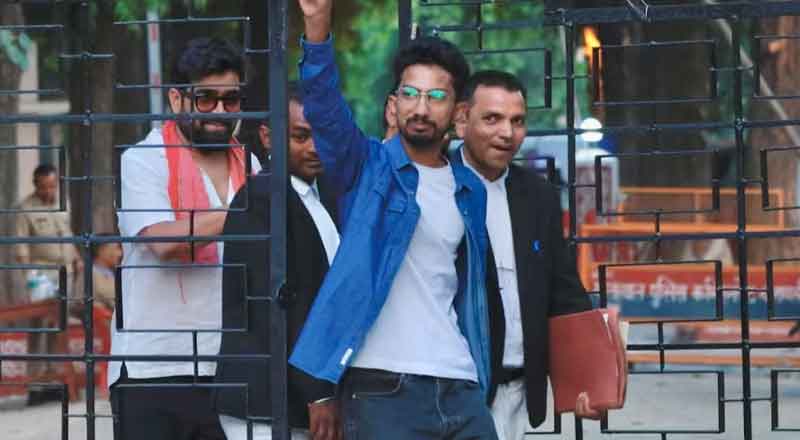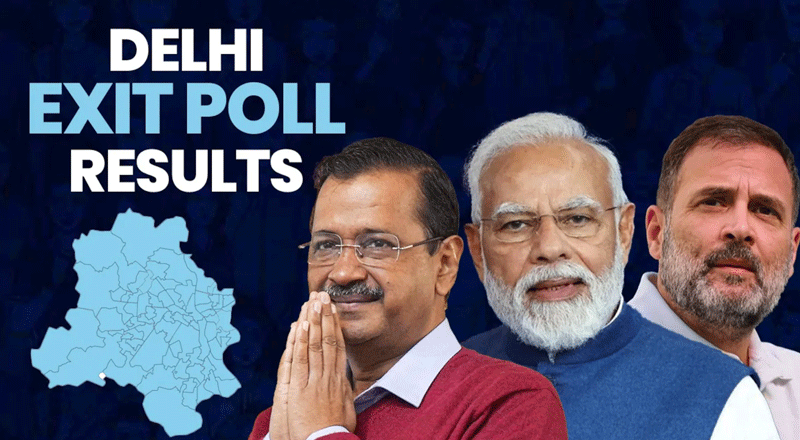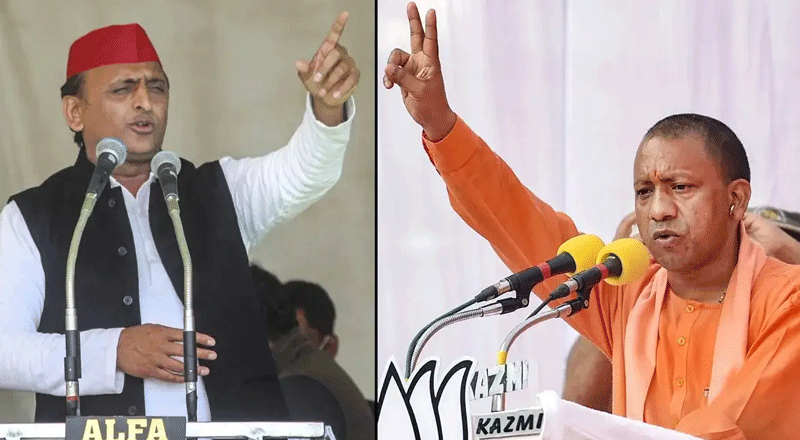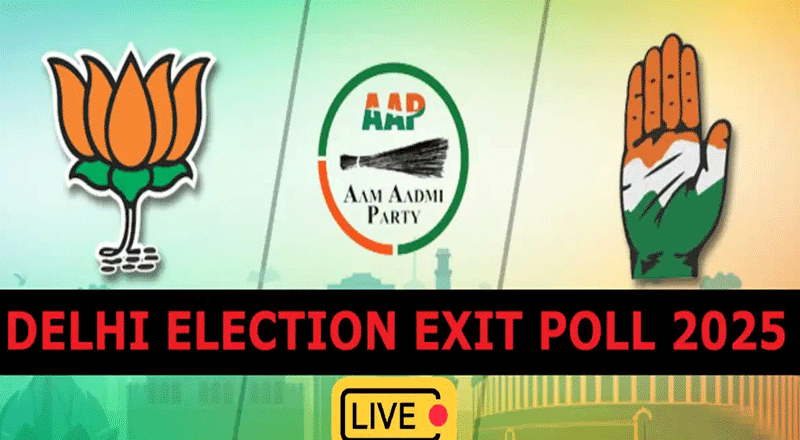- The rejection of comedian Shyam Rangeela’s nomination to contest against Prime Minister Narendra Modi for the Varanasi Lok Sabha seat has ignited a firestorm of controversy.
- In a candid video message, Rangeela bemoaned the rejection of his nomination, revealing stark disparities in the scrutiny process.
- Among the 55 candidates vying for the Varanasi seat, Rangeela disclosed that 36 nominees, including himself, faced rejection.
- The comedian-turned-political aspirant articulated a series of obstacles encountered during the nomination process, pinpointing instances of alleged unfair treatment at the District Magistrate’s office.
- Responding to the mounting allegations, the official Varanasi District Magistrate’s account sought to rationalize the rejection, citing purported deficiencies in Rangeela’s affidavit and procedural lapses.
The rejection of comedian Shyam Rangeela’s nomination to contest against Prime Minister Narendra Modi for the Varanasi Lok Sabha seat has ignited a firestorm of controversy, shedding light on purported procedural irregularities and allegations of unfair treatment. Rangeela’s bid for political office encountered an unexpected setback as the Election Commission invalidated his affidavit, prompting him to vocalize grievances of discrimination and bias in the electoral process.
In a candid video message, Rangeela bemoaned the rejection of his nomination, revealing stark disparities in the scrutiny process. Among the 55 candidates vying for the Varanasi seat, Rangeela disclosed that 36 nominees, including himself, faced rejection, while the affidavits of 15 candidates, including PM Modi and Congress nominee Ajay Rai, navigated through scrutiny unscathed.
The comedian-turned-political aspirant articulated a series of obstacles encountered during the nomination process, pinpointing instances of alleged unfair treatment at the District Magistrate’s office. He recounted being obstructed from submitting his papers within the stipulated timeframe and accused officials of singling him out for discriminatory treatment.
Responding to the mounting allegations, the official Varanasi District Magistrate’s account sought to rationalize the rejection, citing purported deficiencies in Rangeela’s affidavit and procedural lapses.
Rangeela’s transformation from a vocal proponent of PM Modi to an independent political contender underscores the evolving dynamics of Indian politics. Reflecting on his ideological shift, Rangeela emphasized changing circumstances over the past decade as catalysts for his decision to contest against the Prime Minister.
Varanasi, steeped in political history and significance, has emerged as a pivotal battleground in Indian electoral politics. The 2014 electoral showdown between PM Modi and AAP chief Arvind Kejriwal marked a watershed moment, solidifying Varanasi’s status as a BJP bastion. Modi’s resounding victory, with a margin exceeding 3 lakh votes, underscored the city’s significance as a linchpin in BJP’s electoral calculus, a legacy the party is keen to uphold in the forthcoming elections.
With Varanasi comprising five assembly seats, the electoral landscape has traditionally witnessed pitched battles between the BJP and the Congress. While the BJP has enjoyed notable success since 1991, winning the seat on seven occasions, the Congress has also wielded influence, securing victory six times. Notably, the Varanasi seat has remained impervious to parties like the Samajwadi Party or the Bahujan Samaj Party, underscoring its pivotal role in Uttar Pradesh’s complex political mosaic.
Rangeela’s nomination rejection serves as a potent reminder of the inherent challenges and intricacies embedded within India’s electoral framework, underscoring the imperative for transparency, accountability, and fair play in the democratic process. As the electoral saga unfolds, all eyes remain fixated on Varanasi, a crucible of political theatre and electoral intrigue, where the battle for power and representation continues to unfold.
(With inputs from agencies)





